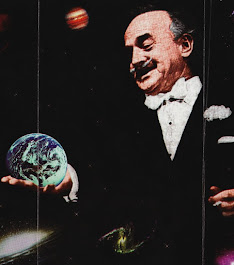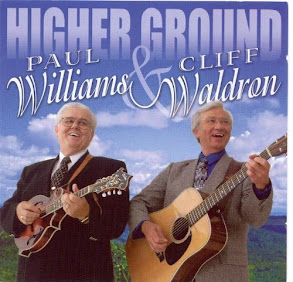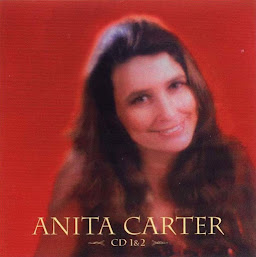Pete "La Roca" Sims (born Peter Sims; April 7, 1938 – November 20, 2012, known as Pete La Roca from 1957 until 1968) was an American jazz drummer and attorney. He was one of the most popular drummers of his era; the Lord Discography lists sixty record dates from 1957 to 1967.
Born and raised in Harlem by a pianist mother and a stepfather who played trumpet, he was introduced to jazz by his uncle Kenneth Bright, a major shareholder in Circle Records and the manager of rehearsal spaces above the Lafayette Theater. Sims studied percussion at the High School of Music and Art and at the City College of New York, where he played tympani in the CCNY Orchestra. He adopted the name La Roca early in his musical career, when he played timbales for six years in Latin bands. In the 1970s, during a hiatus from jazz performance, he resumed using his original surname. When he returned to jazz in the late 1970s, he usually inserted "La Roca" (a pun on the Spanish ''piedra,'' or rock) into his name in quotation marks to help audiences familiar with his early work identify him.
 |
| Sonny Rollins & La Roca |
Here’s “Tears Come From Heaven” from above LP
In 1957, Max Roach became aware of him while jamming at Birdland and recommended him to Sonny Rollins. As drummer of Rollins' trio on the afternoon set at the Village Vanguard on November 3 he became part of the important record A Night at the Village Vanguard. (Only one of five recorded tracks with La Roca was included on the original single LP release of the album). In 1959 he recorded with Jackie McLean (New Soil) and in a quartet with Tony Scott, Bill Evans and Jimmy Garrison. Besides Garrison he often joined with bassists who played in the Bill Evans Trio, especially Scott LaFaro and Steve Swallow, and also accompanied pianists like Steve Kuhn, Don Friedman and Paul Bley.
Between the end of the 1950s and 1968, he also played with Slide Hampton, the John Coltrane Quartet, Marian McPartland, Art Farmer, Freddie Hubbard, Mose Allison, and Charles Lloyd, among others. During this period, he led his own group and worked as the house drummer at the Jazz Workshop in Boston, Massachusetts. He recorded two albums as a leader during the mid-1960s, Basra (Blue Note, 1965) and Turkish Women at the Bath (Douglas, 1967).
In 1968, with the market for acoustic jazz in decline, Sims decided to enroll in law school. By this time he was already earning most of his income by driving a taxi cab in New York City, a job he held for five years during the 1960s. Sims became a lawyer in the early 1970s, and was still practicing at the time of a 1997 radio interview with WNYC's Steve Sullivan. When his album Turkish Women at the Bath was re-released on Muse Records as "Bliss" in 1973 under Chick Corea's name (without Sims' consent), Sims filed a lawsuit and served as his own legal counsel. Sims won his suit, and the erroneously-labeled records were recalled.
He returned to jazz part-time in 1979, and re-emerged in 1997, with a group called SwingTime and an album, again for Blue Note, that adhered to his unswerving philosophy. "Music is the result of bow on string, breath through metal, fingers on ivory, sticks and mallets on brass and strings – all applied by real people who've taken the time to learn the skill and magic of it," he once said.
Sims died November 20, 2012 in New York of lung cancer, at the age of 74.
"He was by far one of the most brilliant minds I ever knew, one of the greatest musicians I ever encountered who for starters would sing the bass line in key and was a drummer like no one else," wrote the saxophonist Dave Liebman, who played in La Roca's band in 1969, on Facebook.
(Edited from Wikipedia & The Guardian)







.jpg)


































.jpg)









